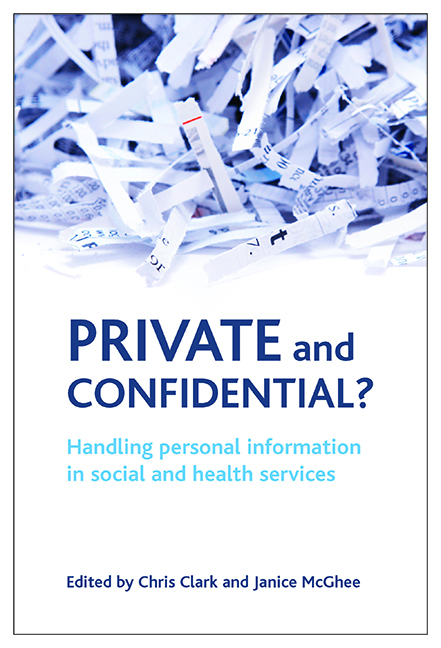seven - The right to information in practice: adoption records, confidentiality and secrecy
Published online by Cambridge University Press: 21 January 2022
Summary
As I was growing up, my parents rarely mentioned my adoption. It didn't interfere with our life together. They always introduced me as ‘our daughter,’ rather than ‘our adopted daughter’. I was born in the days when adoption agencies screened genealogy of birth and adoptive families to choose people with similar characteristics. My Dad and I are both tall with medium brown hair and blue-green eyes. I looked like I belonged. It was easy to keep my secret. I only told a handful of people.
My Dad confided that there was a paper he would give me when I turned 21. I tried to say it didn't matter. But on my 21st birthday, I waited. Dad drew a manila envelope from a locked file in his study … he teased, ‘Do you think you’re tough enough to take this?’ (Campbell, 2003)
Introduction
This chapter concerns adoption and secrecy. It is about the people involved in adoptions. The chapter is designed to open up debate. The discussion draws from the author's research (Clapton, 2003, 2006) and 10 years’ experience as an adoption counsellor, and also from discussions with the staff of Birthlink, an after-adoption service run by Scottishbased adoption agency Family Care.
Reference is very often made to the ‘adoption triad’: the adopted person, the adoptive parents and the birth parents. All too often the fourth party directly involved in adoption – the social worker – is omitted. Here the importance of this fourth person in adoption is acknowledged. The discussion concentrates on the adoptions of the 1950s, 1960s and 1970s.
As adults, many of those who were adopted as babies in the ‘non-relative’ adoptions from this period seek information to help them make sense of their origins, medical histories and identities. In keeping with a rise of interest in genealogical information and family history, there has been a growth in demand for access to the information held by adoption agencies concerning the circumstances of adopted people’s conception, birth and adoption and the background and motivations of their birth parents. This search involves negotiating with the gatekeepers of this information – social workers and adoption agency record holders. As will be seen, accessing information in adoption is neither straightforward nor painless. It is far from the simple openaccess exercise that may be imagined.
- Type
- Chapter
- Information
- Private and Confidential?Handling Personal Information in the Social and Health Services, pp. 129 - 146Publisher: Bristol University PressPrint publication year: 2008

